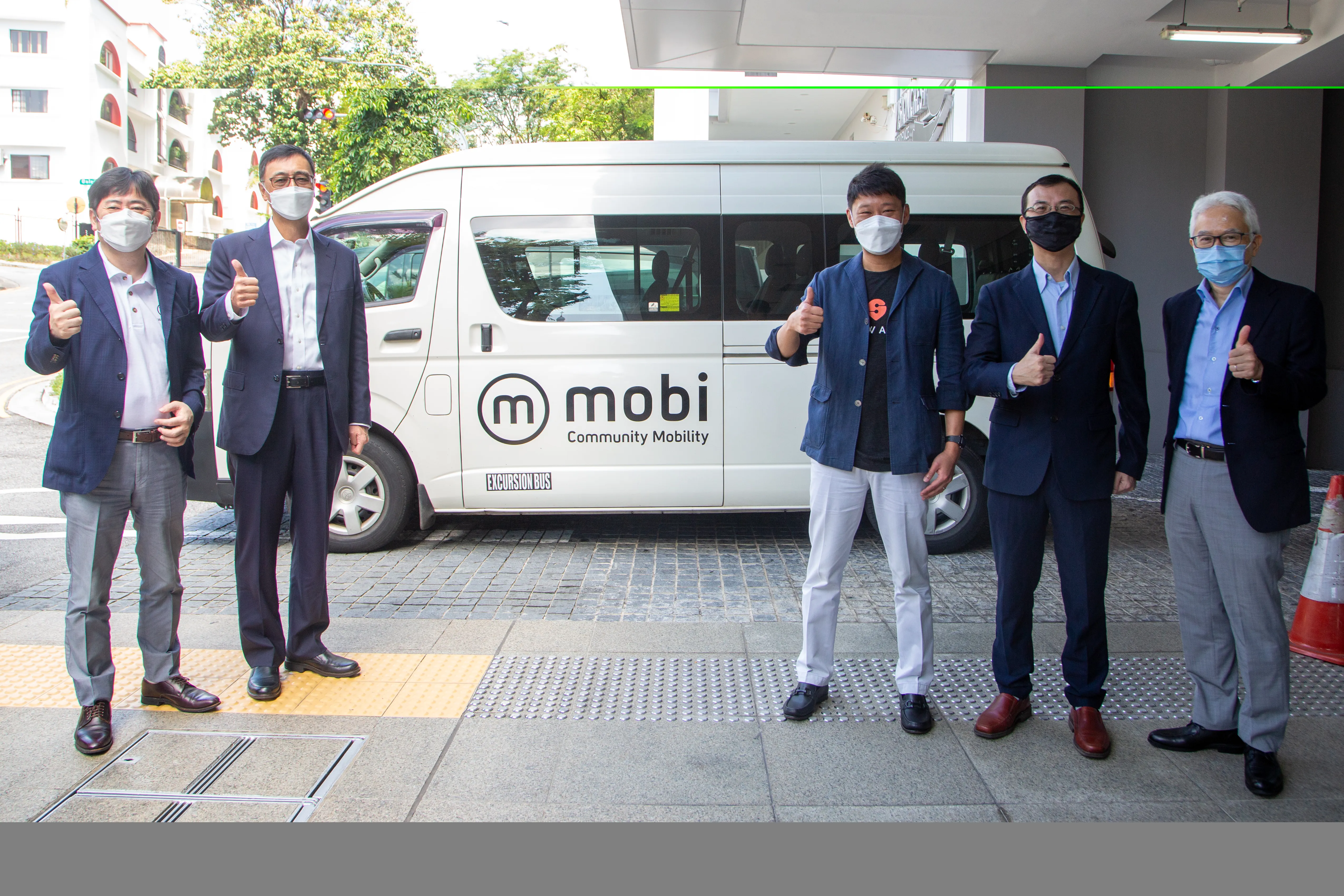Grab has added a new option to its GrabShare on-demand carpooling service in Singapore which it says provides passengers with better-matched rides.
The new option requires users to wait up to five minutes to be allocated a ride. GrabShare’s system matches passengers’ rides with other parties upfront to help minimise detours and lower fares.
It also comes with an ‘estimated time to destination’ feature that provides passengers an approximate time that they will arrive at their drop-off points prior to
July 15, 2019
Read time: 1 min
Grab has added a new option to its GrabShare on-demand carpooling service in Singapore which it says provides passengers with better-matched rides.
The new option requires users to wait up to five minutes to be allocated a ride. GrabShare’s system matches passengers’ rides with other parties upfront to help minimise detours and lower fares.
It also comes with an ‘estimated time to destination’ feature that provides passengers an approximate time that they will arrive at their drop-off points prior to booking a journey.
Yee Wee Tang, country head of Grab Singapore, says: “The new GrabShare option will provide greater value to these commuters with a more affordable and comfortable journey.”










